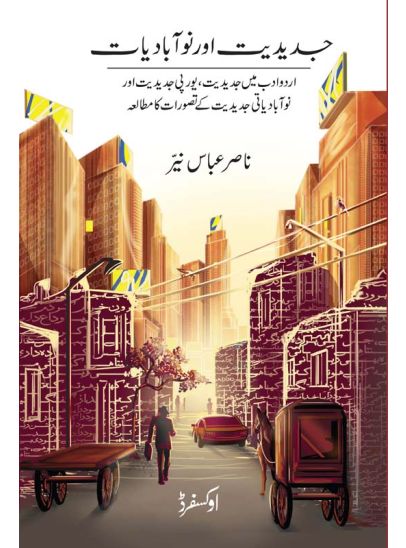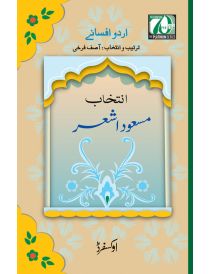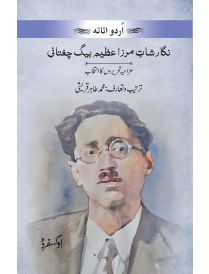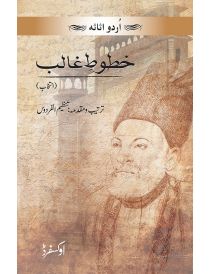Jadeediyat aur Nauabadiyaat
This book investigates the relationship between modernity and colonial attitudes in the context of Urdu literature. In the first chapter, theories of modernity offered by western critics and thinkers have been debated with the assertion that, on one hand, modernity had a close relationship with colonial attutudes and, on the other, modernity is not something that evolved exclusively in the West. During colonial rule, a particular form of western modernity was employed and disseminated across British India to disguise the economic and cultural exploitation. It is also asserted that precolonial India had its own kind of modernity that produced great poets likes of Bedil and Ghalib. Two full-fledged chapters have been reserved for these modern Persian and Urdu poets. In the further chapters, specific forms of modernity, which evolved at the cost of erasing precolonial memories and preventing the emergence of a national ethos, have been discussed with reference to modern Urdu writers of 20th century. Every modern Urdu writer of the colonial or postcolonial periods has been engaged with the idea of a national consciousness.
 Weight in kg
0.31
Weight in kg
0.31
 Rights
World
Rights
World
 Year of Publication
2021
Year of Publication
2021
 Binding
Paperback
Binding
Paperback
 Pages
344
Pages
344




 Bulk Order
Bulk Order Request a Quote
Request a Quote


